I'm using the stream-to-promise npm module to create the multipart/form-data payload in my jasmine test. My payload includes an image file as a buffer but when the payload is put through stream-to-promise it changes or corrupts my original image buffer in the payload somehow and so my tests are failing. Is there a way to prevent this?
it('test /identity-verification/your-first-form-of-id POST with validation passing', function(done){
var form = new FormData();
var image = fs.createReadStream("image.png");
streamToBuffer(image, function (err, buffer) {
form.append('firstID', 'passport');
form.append('firstIDImage', buffer);
var headers = form.getHeaders();
streamToPromise(form).then(function(payload) {
var options = {
method: 'POST',
url: '/identity-verification/your-first-form-of-id',
payload: payload,
headers: headers
};
server.inject(options, function(response) {
expect(response.statusCode).toBe(302);
expect(response.headers.location).toMatch('/identity-verification/your-first-form-of-id/upload-successful');
done();
});
});
});
});
The buffer in the payload after being put through stream-to-promise looks like this:
